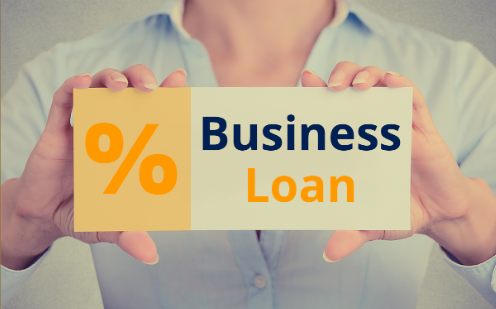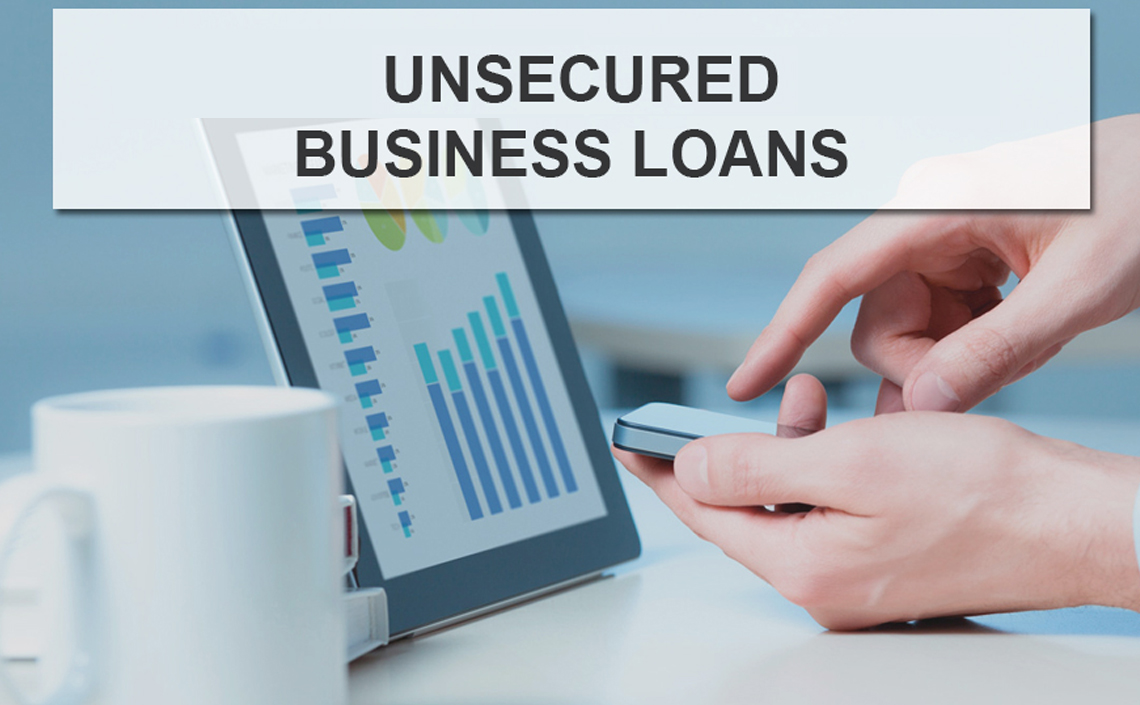Introduction
When seeking a business loan, understanding loan rates is crucial for managing your business’s finances effectively. Loan rates determine how much you’ll pay in interest over the life of the loan, impacting your total repayment amount. This guide will help you navigate business loan rates, including types of rates, factors affecting them, and tips for securing the best possible rate for your business.
Types of Business Loan Rates
- Fixed Interest Rates
A fixed interest rate remains constant throughout the life of the loan. This means your monthly payments will stay the same, providing stability and predictability in your budget. Fixed rates are ideal for businesses that prefer consistent payments and want to avoid fluctuations in interest rates. - Variable Interest Rates
A variable interest rate fluctuates based on market conditions, typically tied to an index such as the Prime Rate or LIBOR. Your monthly payments may change if the interest rate rises or falls. Variable rates can be lower initially but carry the risk of increasing over time, which may affect your budget. - Annual Percentage Rate (APR)
The APR includes both the interest rate and any additional fees or costs associated with the loan. It provides a more comprehensive view of the total cost of borrowing. Comparing APRs between different loan offers can help you understand the true cost of the loan and make more informed decisions. - Annual Percentage Yield (APY)
APY reflects the total interest earned or paid on a loan or investment over one year, considering compound interest. While more common for savings accounts, APY can sometimes be used in the context of business loans to illustrate the effective yield.
Factors Affecting Business Loan Rates
- Credit Score
Your credit score is a key factor in determining your loan rate. Higher credit scores generally qualify for lower interest rates, as they represent lower risk to lenders. Improving your credit score before applying can help secure better rates. - Loan Term
The length of the loan term can impact the interest rate. Shorter-term loans often have lower rates but higher monthly payments. Longer-term loans may have higher rates due to the increased risk for lenders over a more extended period. - Loan Amount
The size of the loan can affect the interest rate. Larger loans may qualify for better rates, while smaller loans might come with higher rates due to higher relative risk and administrative costs. - Type of Loan
Different types of business loans come with varying interest rates. For example, SBA loans typically have lower rates compared to traditional bank loans due to government backing. Business lines of credit and merchant cash advances often have higher rates due to their flexibility and higher risk. - Lender Type
The type of lender can influence the interest rate. Traditional banks may offer lower rates but require more stringent qualifications. Online lenders or alternative finance providers may offer quicker access to funds but at higher rates. - Collateral
Secured loans, which require collateral, often have lower interest rates compared to unsecured loans. Collateral reduces the lender’s risk, leading to better rates for the borrower.
How to Secure the Best Business Loan Rates
- Improve Your Credit Score
Before applying for a loan, check your credit score and take steps to improve it if necessary. Pay down existing debt, correct any errors on your credit report, and make timely payments to boost your score. - Shop Around
Compare loan rates from various lenders, including banks, credit unions, and online lenders. Look at both fixed and variable rates to find the best option for your business. - Consider Loan Terms
Evaluate different loan terms and how they impact your monthly payments and overall interest costs. Shorter terms may have lower rates but higher payments, while longer terms can offer lower payments but higher overall costs. - Negotiate with Lenders
Don’t hesitate to negotiate with lenders for better rates or terms. If you have a strong credit profile and financial stability, you may be able to secure more favorable conditions. - Review Fees and Costs
Look beyond the interest rate to understand the total cost of the loan. Consider fees, prepayment penalties, and other charges that may affect the overall cost. Comparing APRs can provide a clearer picture of the true cost. - Prepare a Strong Application
A well-prepared loan application with detailed financial documents and a solid business plan can enhance your chances of securing a favorable rate. Demonstrating your business’s financial health and repayment ability can help negotiate better terms.
Conclusion
Understanding business loan rates is essential for making informed borrowing decisions and managing your business finances effectively. By knowing the types of rates, factors affecting them, and strategies for securing the best rate, you can make well-informed choices that align with your business needs and financial goals. Take the time to research and compare options to find the most cost-effective financing solution for your business.



